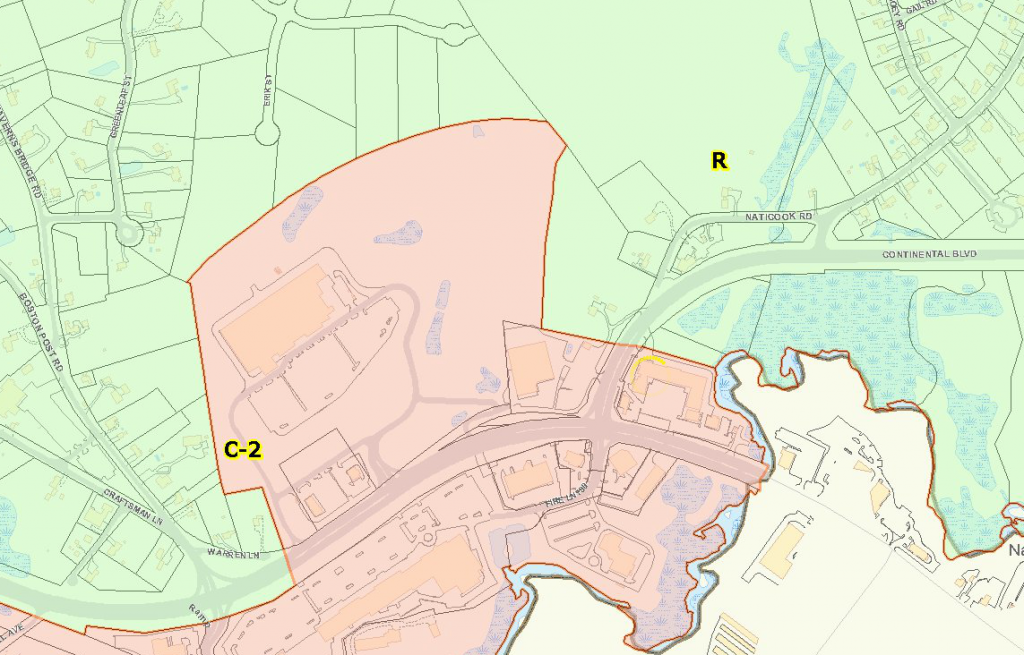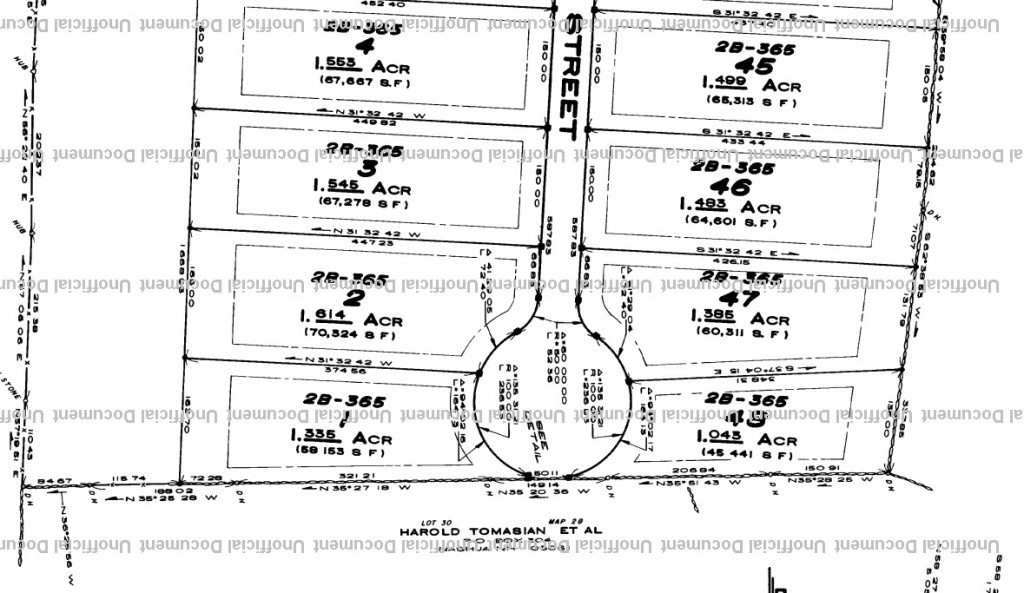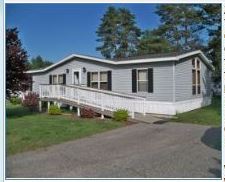What’s the difference?
Well, a trailer or mobile home, is now referred to as a manufactured home. A modular, on the other hand, is a regular house. Really, that’s it!
Ok, maybe there’s a little more than that:

Is this a modular or stick built on site? Usually you cannot tell the difference.

An on-site stick built home with wood-frame construction.
A modular is typically of wood frame construction, built off-site, and in a factory setting. It is built to local codes and would offer the same marketability as a standard site built home. There are varying degrees of quality from an entry-level basic structure to a real high-end upgraded structure.
A manufactured home is also built in a factory. They are typically built on a metal frame with axles that are used to transport the sections. They are built to HUD (U.S. Department of Housing and Urban Development) standards…a separate national code for construction. The tolerances may be different than local code depending on the area: sometimes more strict, sometimes less. In 1976 HUD standards where developed and the term “manufactured” was coined to describe these dwellings. I suppose it sounds better to say I live in a manufactured home rather than a trailer.
These are very basic definitions, but hopefully it helps you understand that the only difference between regular house construction and modular construction is one is built on-site and the other in a factory setting under a controlled environment. From an real estate value standpoint they would be comparable. Whereas a manufactured (trailer) may also be built in a factory, but it is not built to the same standards and therefore not comparable.
Here is part 2 on financing differences between Manufactured and Modular homes: http://jennifercote.info/financing-manufactured-or-modular-houses/
Just my thoughts. ~Jenn
Here is a BBC article, I thought interesting about manufactured statistics in the US: http://www.bbc.co.uk/news/magazine-24135022

www.TopNHhomes.com www.JACoteAppraisals.com










